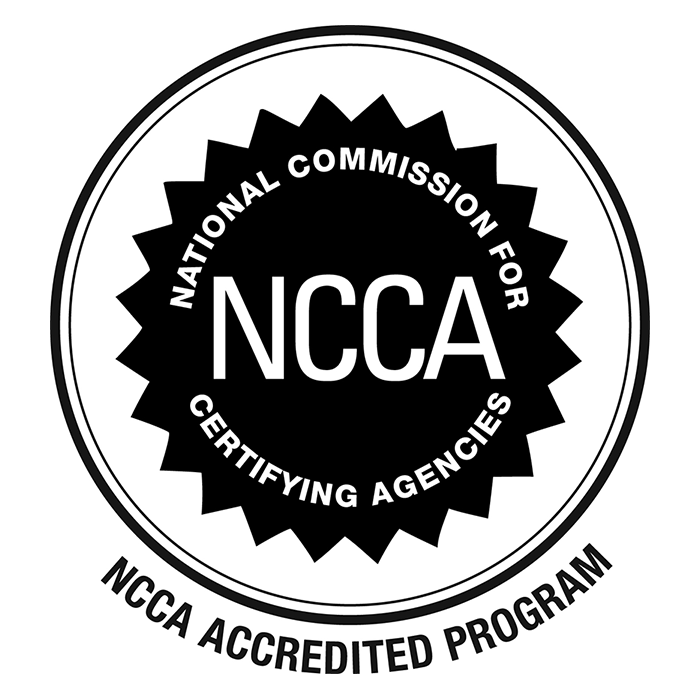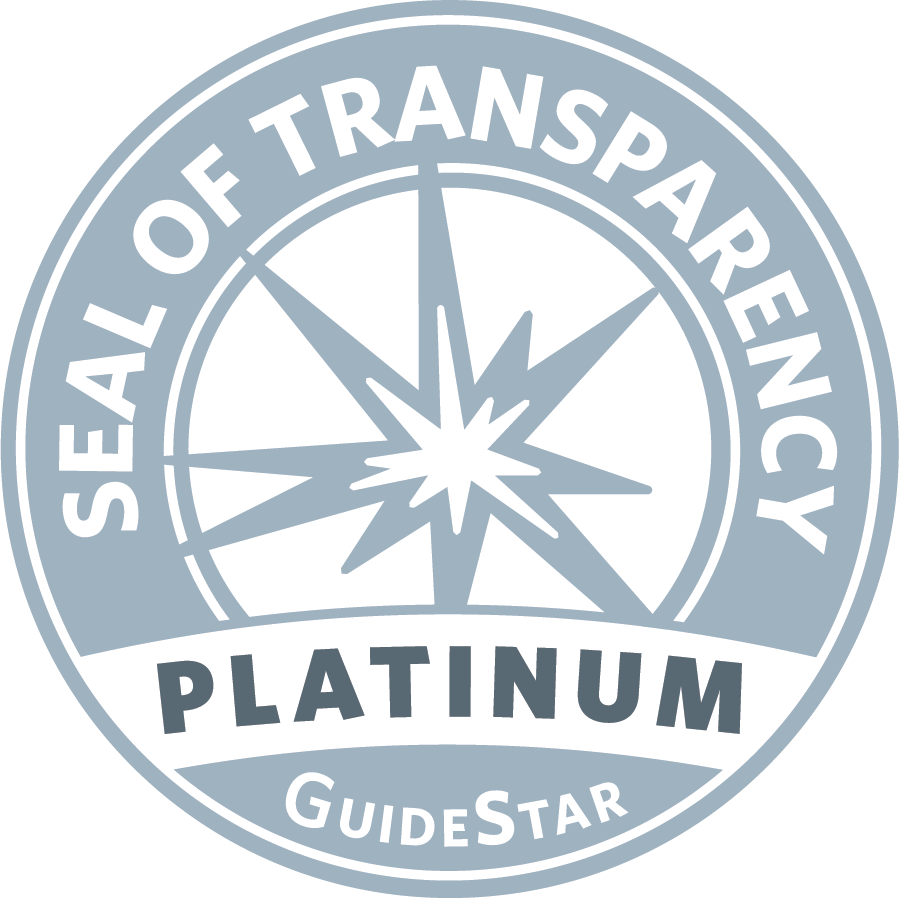Can a pharmacist provide MTM services across different states?
By: Erica D. Lindsay PharmD, MBA, Esq.
Introduction
Medication-related problems and mismanagement are critical public health concerns in the United States. Experts estimate that 1.5 million preventable adverse events occur each year, resulting in $177 billion in injury and death.[i] The Medication Therapy Management (MTM) program was created in 2006 by the Centers for Medicare & Medicaid Services (CMS) under the Medicare Part D Drug Benefit of Prescription Drug Plans (PDPs) and Medicare Advantage Plans (MAPDs). [ii] Under these plans, plan sponsors must offer MTM services to eligible beneficiaries. The goal of MTM is to detect and prevent medication-related adverse events while optimizing the therapeutic outcomes for patients.[iii]
Currently, MTM services are provided by pharmacists, pharmacy interns (under pharmacist’s direct supervision), or other qualified providers (e.g., physicians) who conduct a comprehensive review of all patient’s medications including any over-the-counter and herbal products. MTM can be performed by pharmacists with or without a collaborative practice agreement (CPA).[iv] MTM identifies the mismanagement of medication, including the misuse, duplication, and/or unnecessary use of medications. It can also detect the need for medication for an untreated or inappropriately managed medical condition.[v]
MTM is highly effective for patients with multiple chronic conditions, complex medication therapies, high prescription costs, and multiple prescribers.[vi] Example patient populations include polypharmacy patients (those who use 5 or more medications), patients with multiple health conditions, patients who are taking medications that require close therapeutic monitoring, hospitalized patients, and those who obtain their medications from multiple pharmacies routinely.[vii] Through MTM services, pharmacists and providers offer medication-related education, consultation, and advice to patients, their families, and caregivers to help ensure appropriate medication utilization as well as collaborate with the patient’s interdisciplinary medical team to develop and optimize therapeutic outcomes.[viii]
Services Provided
MTM service model in pharmacy includes five core elements: Medication Therapy Review (MTR), Personal Medication Record (PMR), Medication-Related Action Plan (MAP), Intervention and/or Referral, Documentation and Follow-up. Medication Therapy Review (MTR) is a face-to-face or telehealth contact session with a pharmacist or healthcare provider where a review of medications from prescribers as well as over-the-counter, supplement, and herbal products is conducted.[ix] The pharmacist/provider will also discuss medication challenges with the patient as well as provide in-depth medication education. A Personal Medication Record (PMR) is created which includes: a list of prescription and nonprescription medications (including name, dosing, instructions, prescribed reason, and prescriber), herbal and supplement products; demographic information (name, date of birth, telephone number, etc.); allergies; and date the document was created or updated. The Medication-Related Action Plan (MAP) is the care plan developed by the pharmacist/provider after the MTR. Intervention and/or Referral is required for instances where the pharmacist can contact the patient’s physician or other health care provider to request an additional, change, or discontinuation of medication therapy. If a change is made, the pharmacist will adjust medication therapy accordingly and provide updated information to the patient. Documentation throughout the MTM process includes: the pharmacist/provider updating the pharmacy records and documenting conversations with other providers. Follow-up occurs with the pharmacist/provider as a result of a MTM session or updates in medication therapy resulting from an intervention.[x]
Billing and Payors
Currently, under CMS, pharmacists do not have provider status, therefore, Current Procedural Terminology (CPT®) codes higher than Level 1 are not typically used. However, the scope of practice or the specific payor may allow higher levels. For the pharmacist/provider to submit CPT Codes for a MTM consultation it must include a face-to-face or telehealth session, a review of pertinent patient history, and recommendations to improve medication outcomes and patient compliance. MTM is currently billable through a MTM contract with the Medicare Prescription Drug plan and reimbursement is set by the Part D sponsor.[xi]
Normally, the billing for clinical services by pharmacists to a third-party payor requires claim processing through a registered pharmacy or a provider’s office. Pharmacist/provider should determine MTM fees and create an itemized list of services to share with patients prior to services being rendered. If the patient’s medical insurance does not cover MTM services, they may be responsible for payment in full. It is healthcare fraud to provide MTM services for free or at a discounted rate to some patients and bill the full amount to a Medicare Part D plan for the same services for others.[xii]
Currently, the three MTM CPT billing codes include 99605, 99606, and add-on code 99607. CPT code 99605 is used to charge for the initial encounter session. CPT code 99606 is used for subsequent sessions that provide the patient with updated information, assess the patient compliance and reactions to medication regimen, and evaluate results from therapy updates. Add-on code 99607 is billed in addition to codes 99605, 99606 for each additional fifteen minutes beyond the initial session. These codes are not to be used for pharmacist dispensing-related activities e.g., describing product information to patients or time related to the routine preparation or delivery of patient’s medication.[xiii]
At this time, the three MTM payor types are Medicare, Medicaid, and private payors. Medicare is the only payor that requires MTM services to be offered to eligible beneficiaries. Medicaid is managed on a state-by-state basis and there is a handful of states where MTM services can be reimbursed through their Medicaid program including Colorado, Florida, Louisiana, Michigan, Minnesota, North Dakota, Tennessee, West Virginia, Wisconsin.[xiv] These plans may cover the MTM services, even if they are not required. Private payors are not required to offer MTM to patients. In Wisconsin, there are examples of private payors who are covering MTM services including UnitedHealthcare of Wisconsin, Unity Health Insurance, and Network Health.[xv] The goal for payors who participate in a MTM program is to proactively provide patients with medication compliance support while avoiding future costly medical services.
MTM Requirements from CMS
Under 423.153(d)(3), CMS mandates MTM programs to be developed in cooperation with licensed and practicing pharmacists and physicians.
Under 423.153(f)(1)(i), a drug management program must have policies and procedures that address all aspects of the sponsor’s drug management program, including but not limited to the following: The appropriate credentials of the clinical staff conducting case management required under paragraph (f)(2) of this section, including that the staff must have a current and unrestricted license to practice within the scope of his or her profession in a State, Territory, Commonwealth of the United States (Puerto Rico), or the District of Columbia.
Under 423.153(c)(1), a Part D sponsor must have established quality assurance measures and systems to reduce medication errors and adverse drug interactions and improve medication use that include the representation that network providers are required to comply with minimum standards for pharmacy practice as established by the States. [xvi]
MTM through State Legislature
MTM legal definitions and requirements have passed state legislation in 14 states including Arizona, Idaho, Illinois, Indiana, Louisiana, Maine, New Hampshire, North Carolina, Ohio, Oregon, Tennessee, Vermont, West Virginia, and Wyoming.[xvii] These laws are state-specific and can be enforced as long as they do not conflict with the CMS Federal MTM requirements. Under the doctrine of preemption, based on the Supremacy Clause, Federal law preempts State law when the laws conflict. This applies to requirements, guidance, and rules from a Federal government agency. If the State’s legal definitions and requirements conflict with the CMS MTM requirements, the CMS requirements will prevail. State legal definitions and requirements can be more targeted and stricter; however, they cannot conflict with the CMS requirements.
Providing MTM services across States
CMS requirements include that MTM services are to be provided by a pharmacist or other qualified provider. A pharmacist is defined by CMS as any individual who holds a current, valid license to practice pharmacy in a State or territory of the United States or the District of Columbia.[xviii] For quality assurance, the representation that network providers are required to comply with minimum standards for pharmacy practice as established by the States is satisfied through successfully passing the North American Pharmacist Licensure Examination (NAPLEX)[xix]. A qualifying MTM drug management program’s staff must have a current and unrestricted license to practice within the scope of his or her profession in a State, Territory, or Commonwealth of the United States (Puerto Rico) or the District of Columbia. Therefore, under CMS Medicare Part D, if pharmacists provide MTM services outside their licensed jurisdiction, across state lines, that should not have a negative impact on reimbursement of services. Other payors (e.g. State Medicaid or Private Payors) may elect to restrict MTM services to the pharmacist licensed in their jurisdiction as part of their reimbursement requirements.
CMS defines telehealth, sometimes referred to as telemedicine, as the use of electronic information and telecommunication technologies to extend care to the patient when the pharmacist/provider is in a different location. The telecommunication technology may include face-to-face sessions through live video between the pharmacist/provider and the patient. In 2019, under Medicare Part D, all 649 approved sponsored programs offer patients interactive, person-to-person Comprehensive Medication Review (CMR) via telephone. 92.1% of MTM programs offer face-to-face services, while 74.3% offer MTM services through telehealth. [xx] During the COVID-19 PHE, many State Medicaid programs have extended telehealth to include telephone and other virtual options. As of March 2021, Medicaid fee for service offers reimbursement for live video in 50 states and the District of Columbia.[xxi] Therefore, licensed pharmacists/providers can provide telehealth MTM services across state lines as long as the requirements are met through the plan-sponsored approved MTM program and state laws, when applicable.
[i] Medication Management. (2022). www.pharmacist.com. https://www.pharmacist.com/Practice/Patient-Care-Services/Medication-Management.
[ii] Gray, C., Cooke, C., & Brandt, N. (2019). Evolution of the Medicare Part D Medication Therapy Management Program from Inception in 2006 to the Present. American Health & Drug Benefits, 12(5).
[iii] Medication Therapy Management. (2022). www.accp.com. https://www.accp.com/docs/govt/advocacy/Leadership%20for%20Medication%20Management%20-%20MTM%20101.pdf.
[iv] Using Medication Therapy Management to Treat Chronic Disease. (2021, August 27). Centers for Disease Control and Prevention. https://www.cdc.gov/dhdsp/pubs/guides/best-practices/pharmacist-mtm.htm.
[v] Medication Therapy Management. (2022). www.accp.com. https://www.accp.com/docs/govt/advocacy/Leadership%20for%20Medication%20Management%20-%20MTM%20101.pdf.
[vi] Using Medication Therapy Management to Treat Chronic Disease. (2021, August 27). Centers for Disease Control and Prevention. https://www.cdc.gov/dhdsp/pubs/guides/best-practices/pharmacist-mtm.htm.
[vii] Medication Management. (2022). www.pharmacist.com. https://www.pharmacist.com/Practice/Patient-Care-Services/Medication-Management.
[viii] Medication Therapy Management. (2022). www.accp.com. https://www.accp.com/docs/govt/advocacy/Leadership%20for%20Medication%20Management%20-%20MTM%20101.pdf.
[ix] Centers for Medicare and Medicaid Services. (2018, August). 2018 Medicare Part D Medication Therapy Management (MTM) Programs. https://www.cms.gov/Medicare/Prescription-Drug-Coverage/PrescriptionDrugCovContra/Downloads/CY2018-MTM-Fact-Sheet.pdf
[x] Medication Therapy Management (MTM) & Medication Therapy Review (MTR). (2022). South Dakota State University. https://www.sdstate.edu/your-pharmacist-knows/medication-therapy-management-mtm-medication-therapy-review-mtr#:%7E:text=What%20is%20a%20Medication%2Drelated,or%20other%20health%20care%20professional
[xi] Pharmacist Billing/Coding Quick Reference Sheet. (2019, June). www.ashp.org. https://www.ashp.org/-/media/assets/pharmacy-practice/resource-centers/ambulatory-care/billing-quick-reference-sheet.pdf
[xii] American Pharmacists Association. (2008). Billing for MTM Services. www.aphanet.pharmacist.com. https://aphanet.pharmacist.com/sites/default/files/files/mtm_billing_tips.pdf
[xiii] Pharmacist Services Technical Advisory Coalition. (2022). Medication Therapy Management Service Codes | Pharmacist Services Technical Advisory Coalition. www.pstac.org. http://www.pstac.org/services/mtms-codes.html
[xiv] National Board of Medication Therapy Management. (2022). State Medicaid Requirements for CMRs and TMRs. https://www.nbmtm.org/mtm-reference/state-medicaid-requirements-cmrs-tmrs/
[xv] Buckley, B. (2015, January). MTM covered by Medicaid, private payors in Wisconsin initiative. Www.Pharmacytoday.Org. https://www.pharmacytoday.org/article/S1042-0991(15)30551-X/pdf
[xvi] 42 CFR § 423.153 – Drug utilization management, quality assurance, medication therapy management programs (MTMPs), drug management programs, and access to Medicare Parts A and B claims data extracts. (2022). LII / Legal Information Institute. https://www.law.cornell.edu/cfr/text/42/423.153
[xvii] National Board of Medication Therapy Management, Thomas, D. & Tran, J. (2020, September 1). Medication Therapy Management. National Board of Medication Therapy Management. https://nbmtm.org/mtm-reference/medication-therapy-management/
[xviii] 42 CFR § 423.4 – Definitions. (2022). LII / Legal Information Institute. https://www.law.cornell.edu/cfr/text/42/423.4
[xix] American Association of Colleges of Pharmacy (AACP). (2022). NAPLEX | AACP. www.aacp.org. https://www.aacp.org/resource/naplex
[xx] Centers for Medicare and Medicaid Services. (2019, September 25). 2019 Medicare Part D Medication Therapy Management Programs. www.cms.gov. https://www.cms.gov/Medicare/Prescription-Drug-Coverage/PrescriptionDrugCovContra/Downloads/CY2019-MTM-Fact-Sheet.pdf
[xxi] Centers for Medicare & Medicaid Services. (2022). Telehealth for Providers: What you need to know. www.cms.gov. https://www.cms.gov/files/document/telehealth-toolkit-providers.pdf



